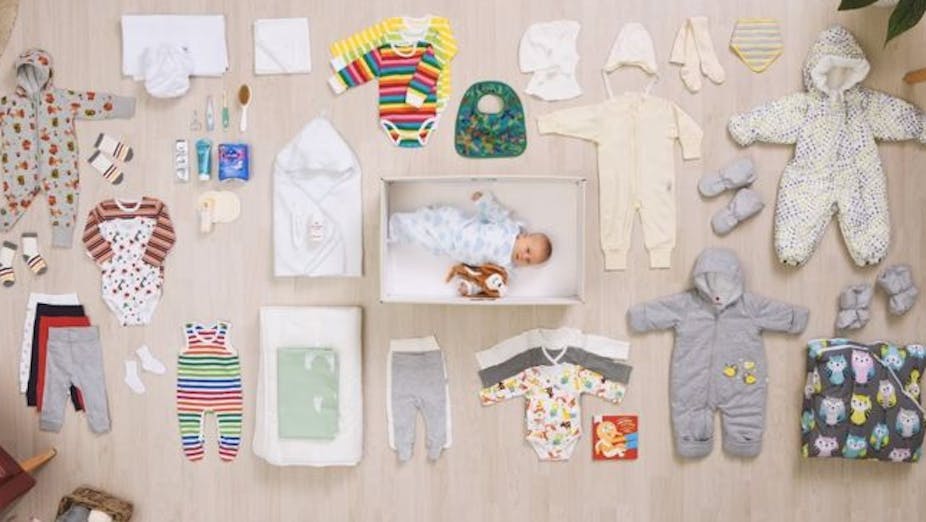This blog post was written by Dr Candice Morgan-Glendinning, University of Exeter & Dr Melanie Griffiths, University of Birmingham. Their report from the Deportability and the Family project was launched in June 2021. You can download the project report, Policy Bristol policy briefings and other outputs from the webpage.
“If you are a British citizen then falling in love with someone who is not British isn’t allowed to happen basically.”
In the last decade, a series of changes to immigration policy have significantly affected the family lives of people living in and coming to the UK. These have restricted not only the private lives of immigrants but also thousands of British citizens, with implications for their wellbeing, prosperity and sense of national identity.
Shifting policy
A wide spectrum of changes to family migration rules were introduced in July 2012. This included dramatic increases to the minimum income required by Britons seeking to bring a foreign spouse to the UK, to a figure well above the minimum wage. There were also changes to the entry requirements for family members and lengthened probationary periods, as well as increased – but unevidenced – suspicion over so-called ‘sham marriages’.
As well as affecting the arrival and settlement of foreign family members, concurrent policy changes have curtailed the relationships of people already in the UK. In particular, Article 8 of the European Convention on Human Rights (the right to respect for one’s private and family life) became considered increasingly controversial and suspect. The response has been to make drastic changes to the interpretation of Article 8 and the threshold needing to be met by families, particularly in removal and deportation cases.

 The baby box in Finland is embedded as part of the maternity system.
The baby box in Finland is embedded as part of the maternity system. 